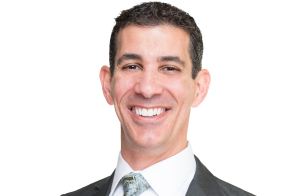A Brief Overview of Physician Practice Models
When staffing their hospitals and emergency departments, administrators basically have three models to choose from:
Direct Employment
Health system employers enjoy considerable control over how physicians practice, which makes care standardization and strategic planning easier. On the downside, employing physicians can be expensive. What’s more, most employers insist on calling the shots. This limits autonomy and tends to sap physician motivation, innovation, and productivity.
Corporate-Owned Staffing Groups
Companies like APP are usually large and well-resourced, allowing them to bring new advances and innovations to their hospital partners. On the other hand, many are for-profit entities that are beholden to non-physician shareholders and investors. This can give rise to conflicts of interest and ethical dilemmas. In addition, many corporate staffing groups have been recently destabilized by rising interest rates and the No Surprises Act.
Physician-Owned Groups
With equitable partnerships like Vituity, all physicians are shared owners who receive a portion of the group’s profits. Having "skin in the game” incentivizes them to solve problems and improve care for their patients and health system clients. Physician owners also enjoy a high degree of autonomy, which lends itself to innovation and creative solutions.
Smaller physician-owned groups may struggle to meet their hospitals’ efficiency, quality, and value expectations. However, some partnerships include thousands of physicians, allowing them to invest in robust practice management support. For example, Vituity’s medical services organization handles billing, credentialing, recruiting, and IT support. This frees our physicians to focus on patient care.






















